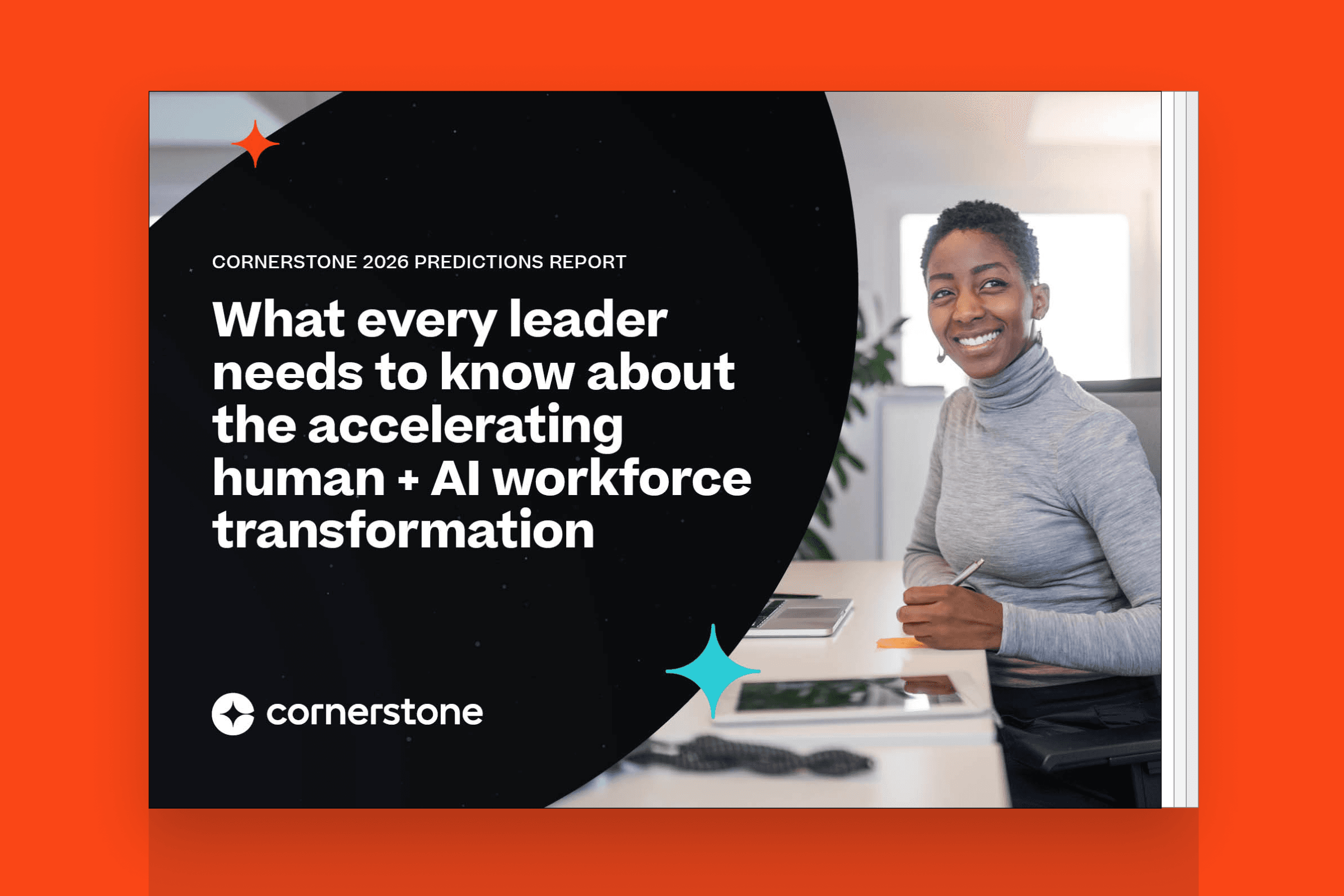Key Takeaways:
- Utilize Implicit Associations Test (IAT): Start by taking the IAT to uncover unconscious biases regarding gender, religion, race, and more.
- Watch Your Language: Avoid biased language and promote inclusive communication to prevent reinforcing subconscious biases.
- Encourage Accountability: Foster a culture where employees hold each other accountable in addressing and mitigating unconscious bias in the workplace.
Bias—a tendency to believe that some people and ideas are better than others—wreaks havoc in the workplace. It keeps women and people of color out of the boardroom, limits job opportunities, prevents organizations from the true monetary and cultural benefits of a diverse workforce, makes it difficult for Baby Boomers to get jobs and more. While it's easy to identify and limit bias when it's overt, that's not always the case—in fact, bias can often be completely unconscious.
Even those with the best intentions behave in biased ways, and simply have no idea they're doing it. Most of us use biased language without giving it a second thought.
Companies like Google, whose employees are 70 percent male, 3 percent Hispanic and only 2 percent Black look to unconscious bias, or hidden bias, as a way to explain their inequitable diversity statistics. How else could such a well-educated, well-intentioned company account for hiring mostly young white and Asian men?
The good news is that unconscious bias hiding in plain sight works in management's favor, because the concept is relatively blameless. If we all have hidden biases, then working to eliminate them won't single us out—hopefully increasing employees' and leadership's willingness to learn.
Here are seven tips for managing unconscious bias that you can use for yourself, your team and your company's leadership. Remember: No one is immune to unconscious bias and all initiatives should be company-wide.
1) Take an Implicit Associations Test
A good place to start is with an Implicit Associations Test (IAT), developed by Tony Greenwald, a University of Washington professor who started researching unconscious bias in 1994. The test takes five minutes and cuts through the perceptions of our own biases on gender, religion, race, sexuality and more. Prepare test takers for the fact that about 75 percent of people who have taken the race IAT show biases.
2) Watch Your Language
Avoid words or phrases like: "the kid," "oh man" or "oh brother," "manpower," "you guys," "attendees and their wives," etc. These phrases are biased and feed the subconscious biases of those around you.
3) Identify Entry Points for Bias
Start by taking a look at these four things:
- How people are hired
- How work is assigned
- What happens during performance evaluations
- How compensation is determined
Where does bias have the opportunity to influence each process? For example, when looking at how people are hired, you may notice that 70 percent of people interviewed are men. You could then strip names and other identifying aspects from resumes before review to see if those statistics improve. This tactic is referred to as the interruption strategy. In addition, you could ensure the interview panels are more diverse—for example, when one gender has more decision making power than another, it perpetuates gender bias . People tend to hire and promote people who look like them.
4) Visualize a Positive Interaction
Psychological research shows that visualizing a particular situation can create the same effects behaviorally and psychologically as actually experiencing the situation. In addition, brain studies reveal that mental imagery impacts several cognitive processes in the brain, including attention, perceptions, planning and memory. This means you can train your brain for action through visualization.
What should you visualize? You can imagine yourself in a positive and productive meeting with team members who are of a different ethnicity, generation or gender from you.
5) Encourage Workers to Hold Each Other Accountable
Part of making a concerted effort to eliminate prevailing bias is working together. This is especially key when it comes to hidden bias. Awareness is the first step to enacting any sort of change, so help those on your team be more aware of their behaviors so they are able to self-correct. This goes for management and leadership, too. All major organizational changes need to have complete buy-in and support from leaders.
Biases come in all forms. There are biases against each generation, people with disabilities, LGBTQ people, working parents—even a person's height can cause bias! It's important to realize that all biases hurt the success of organizations. By creating an environment for open dialogue, you can make a strong effort to address this issue.
A version of this article originally appeared on www.anneloehr.com.
Photo: Twenty20


